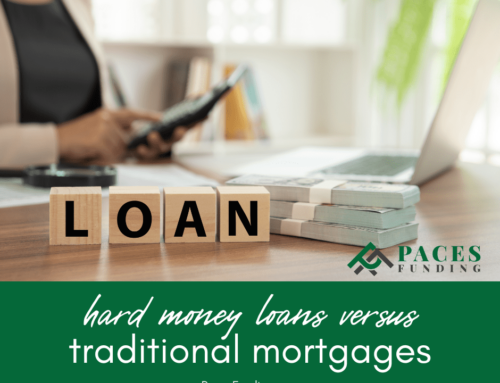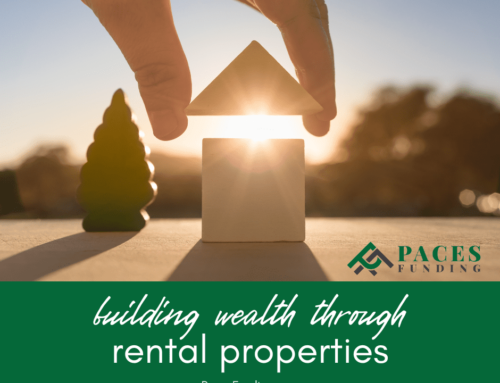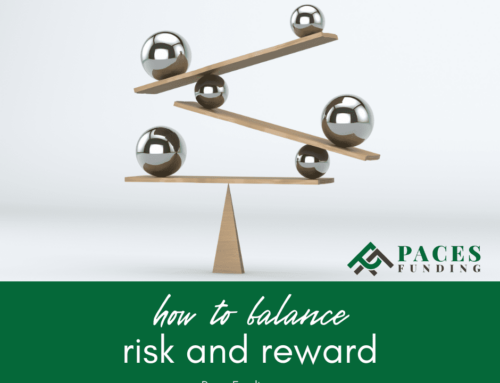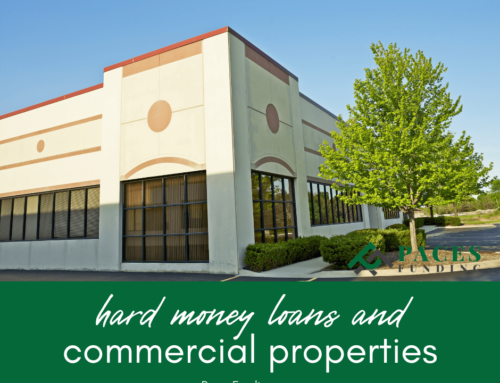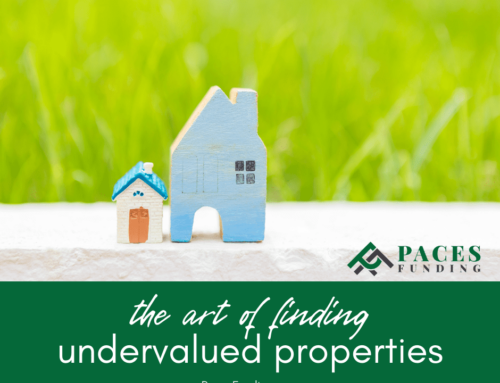
Should You Depend on Your Intuition in a Real Estate Deal?
Intuition can be tremendously helpful. It can help you make snap decisions during emergencies; it’s the ability to understand something immediately, without the need of conscious reasoning—but in real estate, intuition can be dangerous.
What is Intuition?
According to Psychology Today, intuition and instinct are basically the same thing. They are our “innate inclination toward a particular behavior (as opposed to a learned a response).” It’s a process that “gives us the ability to know something directly without analytic reasoning, bridging the gap between the conscious and unconscious parts of our mind, and also between instinct and reason.”
We need our intuition… but in calculated real estate deals, we need rationality, reasonable thought, and methodical decision-making processes.
Why Can Intuition Be Damaging to Real Estate Deals?
If something’s telling you that a house just isn’t right for you, then listen. However, when it comes to the cold, hard facts about a real estate transaction, you can’t depend on your intuition.
You can’t afford to ignore the math pertaining to your real estate deals and trust your intuition when it comes to making a profit.
Certainly, it’s tempting to look only at the big picture. In real estate, though, you need to look at every corner and every possibility. Be very realistic about all of your expenses, including:
- Property taxes
- Insurance
- Interest
- Fees associated with selling the property
- Labor costs
- The cost of materials
- Licensing and permit fees
It’s far more satisfying to be realistic, anyway. You’ll know exactly how much you’ll be able to make off any given deal, and you won’t set yourself up for disappointment.
Do You Need a Hard Money Loan in Atlanta?
If you’re looking for a hard money loan in Atlanta, we may be able to help you.
Call us at 404-814-1644 or contact us online to find out whether you might qualify for this type of funding. In the meantime, check to ensure that you meet our loan criteria. Our loan amounts can be up to 65 percent of the after-repaired value of the collateral—and if you use the loan for renovation or construction, the loan amount can be based on the collateral’s improved value.
Read our frequently asked questions and take a few minutes to learn about the hard money loan process.




